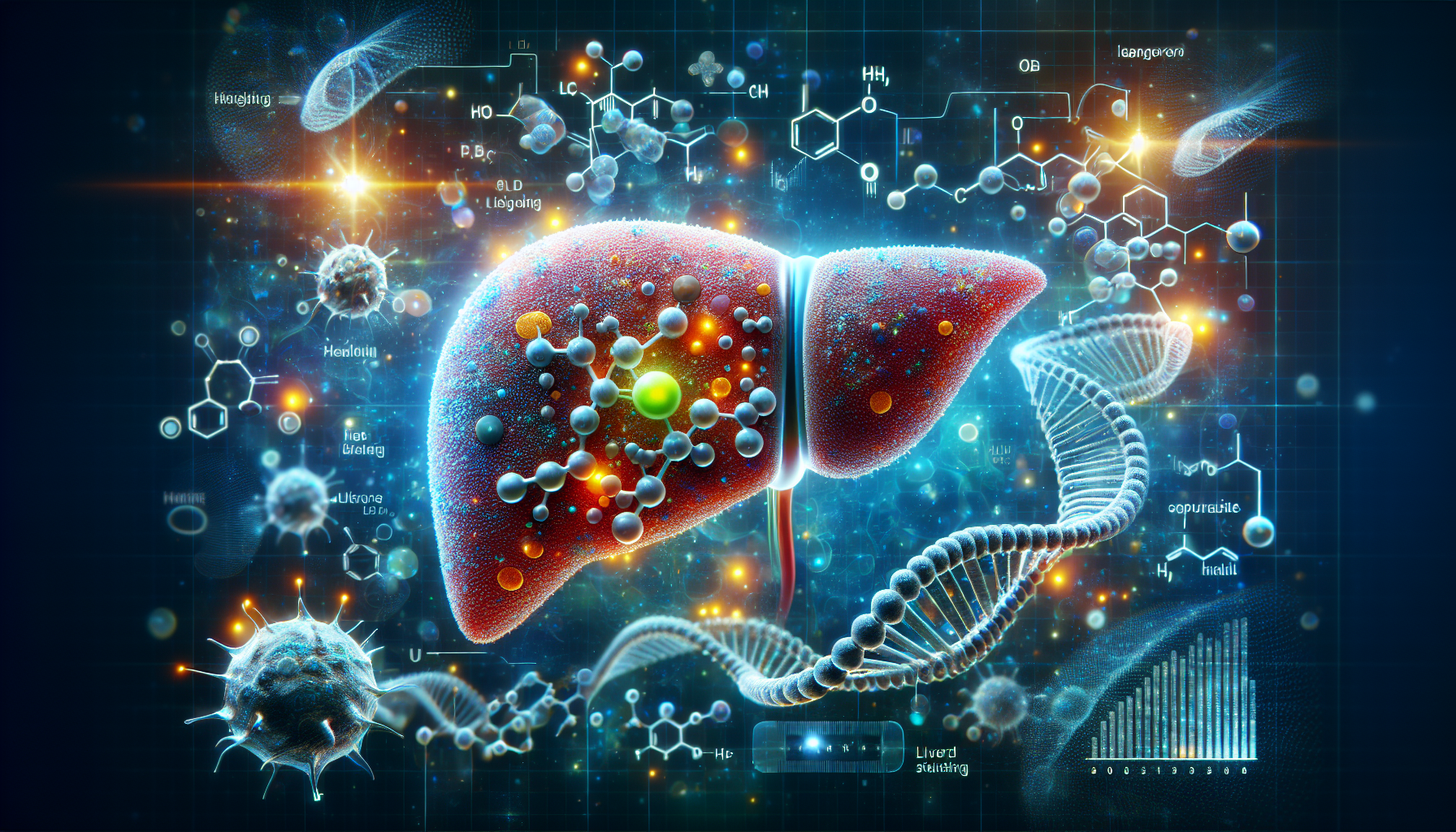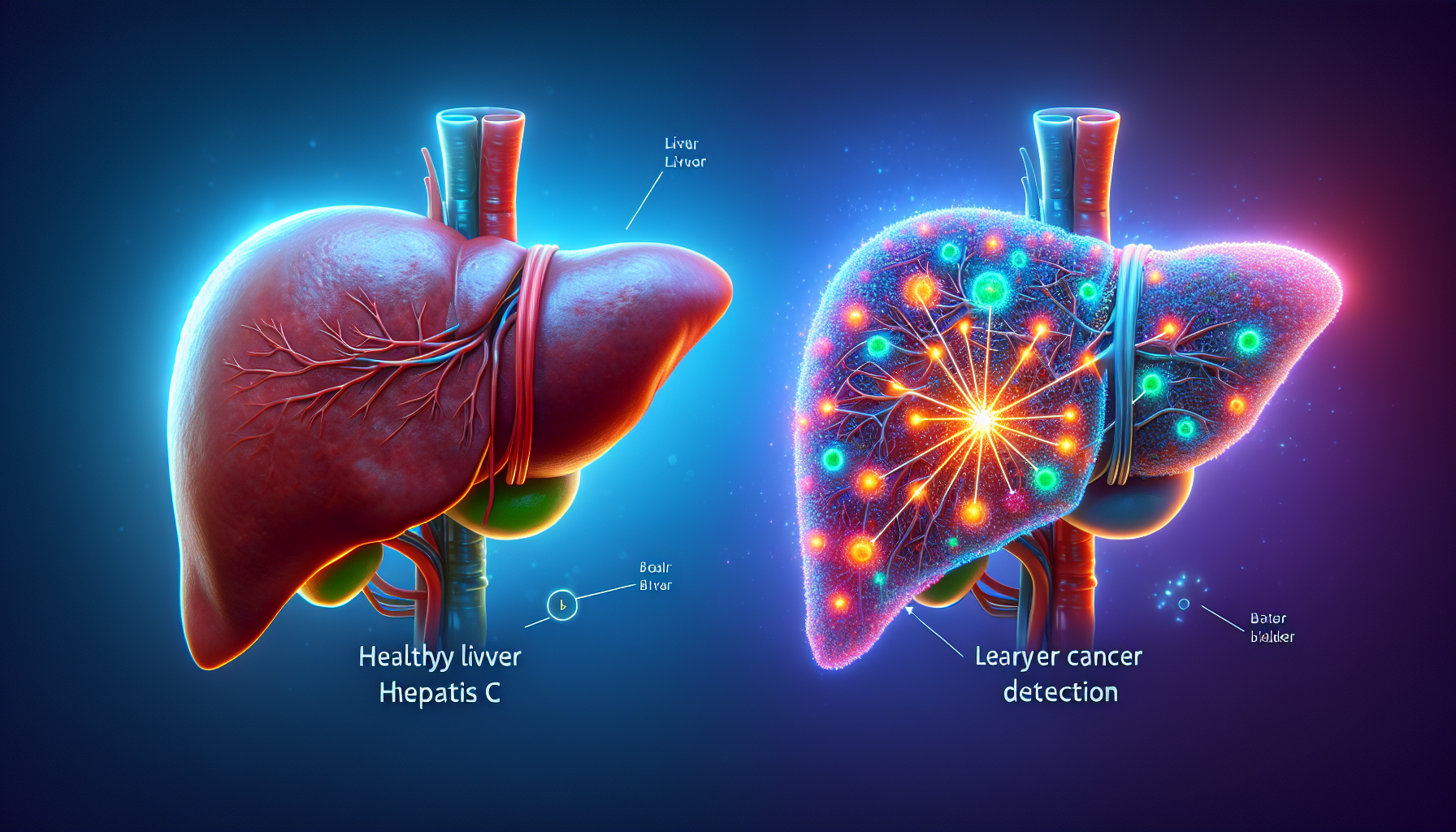Parental Obesity Greatly Increases Risk of Liver Disease in Adult Children
Key Takeaways
- Parental obesity significantly increases the risk of MASLD in adult offspring.
- Maintaining a healthy weight before and during pregnancy is crucial.
- More research and early screening are needed to manage MASLD risks.
Did You Know?
Introduction to MASLD
Metabolic dysfunction-associated steatotic liver disease (MASLD) refers to a condition where fat builds up in the liver due to various metabolic dysfunctions, often related to obesity. The disease remains relatively silent for many years, making early detection and prevention challenging.
Research Background
A recent study presented at Digestive Disease Week investigated the relationship between parental obesity and the risk of MASLD in their children as they reach adulthood. Researchers examined a large cohort of offspring from the Avon Longitudinal Study of Parents and Children to understand this association better.
Study Details
The Avon Longitudinal Study of Parents and Children enrolled over 14,000 pregnancies between 1990 and 1992 and followed the offspring from birth to adulthood. At 24 years old, the participants underwent various tests, including transient elastography and measurement of plasma and serum biomarkers, to detect the presence of MASLD.
Key Findings
Out of nearly 2,000 offspring analyzed, approximately 18.2% were diagnosed with MASLD at age 24. The study revealed that for every 5 kg/m2 increase in maternal BMI, the risk of MASLD in their offspring increased by 55%, and for every 5 kg/m2 increase in paternal BMI, the risk increased by 44%.
Impact of Parental Obesity
Children born to two overweight parents had a 2.91 times higher risk of developing MASLD in young adulthood compared to those born to parents of normal weight. The risk was also significantly higher for those with an overweight mother or father alone.
Potential Early Triggers
Researchers believe that the origins of MASLD might begin in childhood, influenced by parental health conditions such as obesity. The findings suggest that there could be developmental triggers early in life that predispose individuals to develop MASLD later on.
Importance of Screening
Despite the significant risks associated with parental obesity, there are no widely adopted screening protocols to identify younger patients with MASLD. More attention from healthcare providers is needed to consider family history and parental BMI in risk stratification for early MASLD detection.
Recommendations for Parents
Considering the study's findings, maintaining a healthy weight before and during pregnancy is crucial. Parents should adopt a balanced diet, regular exercise, and a healthy lifestyle to reduce the risk of MASLD in their children.
Future Research Directions
Further research is needed to understand the specific growth trajectories and developmental stages most critical for MASLD risk. This can help in devising targeted interventions and prevention strategies.
Conclusion
The study highlights the significant impact of parental obesity on the risk of developing MASLD in their offspring. Given the silent nature of the disease, proactive measures, including healthy parental lifestyles and early risk assessments, are vital.



